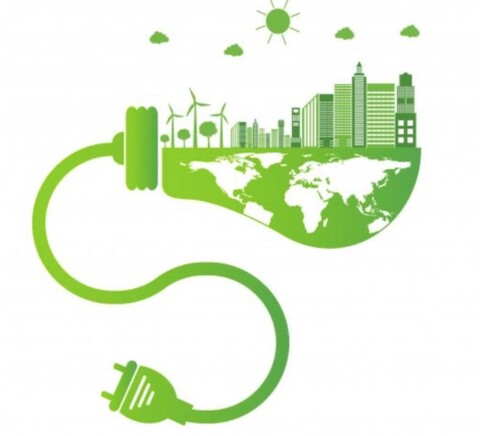|
Under the pressure of globalization, a myriad of civil society organisations and innovative entrepreneurial initiatives have been born in Europe, aimed at meeting social needs, not strictly economic. This is an attempt to respond with new forms to a more articulated demand for goods and services of social utility, such as care, health, education, training, occupational integration, social housing, environmental protection, cultural activities, scientific research, micro-credit, meeting needs generally overlooked by the logic of the market and the public services themselves. This innovation deals with a complexity not through pre-constituted models, but involving territories and individuals. The focus is on the quality of relationships, the customization of products and services, life paths and ongoing assistance. This led to an open innovation that tends to spread ideas, enhance the contribution of all, involves users of all levels and, in addition, designs platforms to facilitate the meeting of groups of people, also creating virtual organizations. To realise its economic potential, social innovation needs to operate in a dynamic and capitalised environment, offering potential supporters or investors maximum transparency. In this perspective, the virtuous relationship between social innovation and urban and semi-urban productive systems depends essentially on three factors: human capital, social capital, territorial governance. The urban and semi-urban systems, in fact, to compete successfully and to be part of the long networks of globalization must be guided by a territorial socio-economic governance, in which to engage local public bodies, banking institutions, the manufacturing companies and the organizations that in various capacities relate to social innovation. There are already numerous cases of "second welfare", that is, partnerships on the territory between profit companies and social organizations, which also involve local public bodies and banking institutions. Despite the experience already in place, however, the question of the relationship of social enterprises in the broad sense with local public bodies and banks (and with the world of specialized finance) remains open. As for the bank-business relationship, the most obvious problem is the information asymmetry, which limits the credit granted to this type of organization, already poorly capitalized. With regard to local public bodies, the unresolved issue is their ability to take primary responsibility for territorial governance, also in view of the preponderance of public funds in this field. A social infrastructure of this kind could arise in the form of a Public-Social-Private-Partnership (PSPP), involving all stakeholders in supporting a new development model, based on the Collaborative Economy. First and foremost, local public bodies, which would have at their disposal the elements needed to redesign social policies based on the revealed needs of citizens, the dynamism of social innovation and the mobilisation of additional economic resources. For their part, citizens and their associations, through a digital market-place, would have the opportunity to freely express needs, requests and proposals, find the proximity service that best meets their needs, participate in micro-financing and supporting innovative services, as well as expressing a real-time assessment of the effectiveness and quality of the service used. While social entrepreneurs in the broad sense would benefit from the platform to broaden their catchment area, strengthen their skills, develop new services in line with demand, intercept social vouchers and crowdfunding circuits, enter the market of social finance and project both public and private in the form of grants or equity. This digital backbone for social innovation would, over time, favour the transformation of the system’s actors from "stakeholders" (stakeholders) to "resource carriers" (assetholder), through the hybridization of different realities, cultures and models. In turn, the launch of the international market-place could be preceded by the experimentation of digital platforms in the different metropolitan cities, to be integrated later. The digital platform would offer the possibility of using a transparent and guided system of authentication and certification of processes. Author Partners @i2 SustainIT |
AuthorWrite something about yourself. No need to be fancy, just an overview. Archives
December 2021
Categories
All
|


 RSS Feed
RSS Feed



